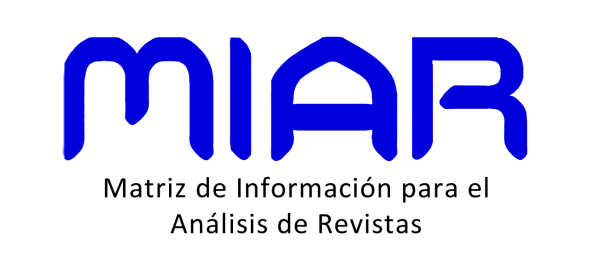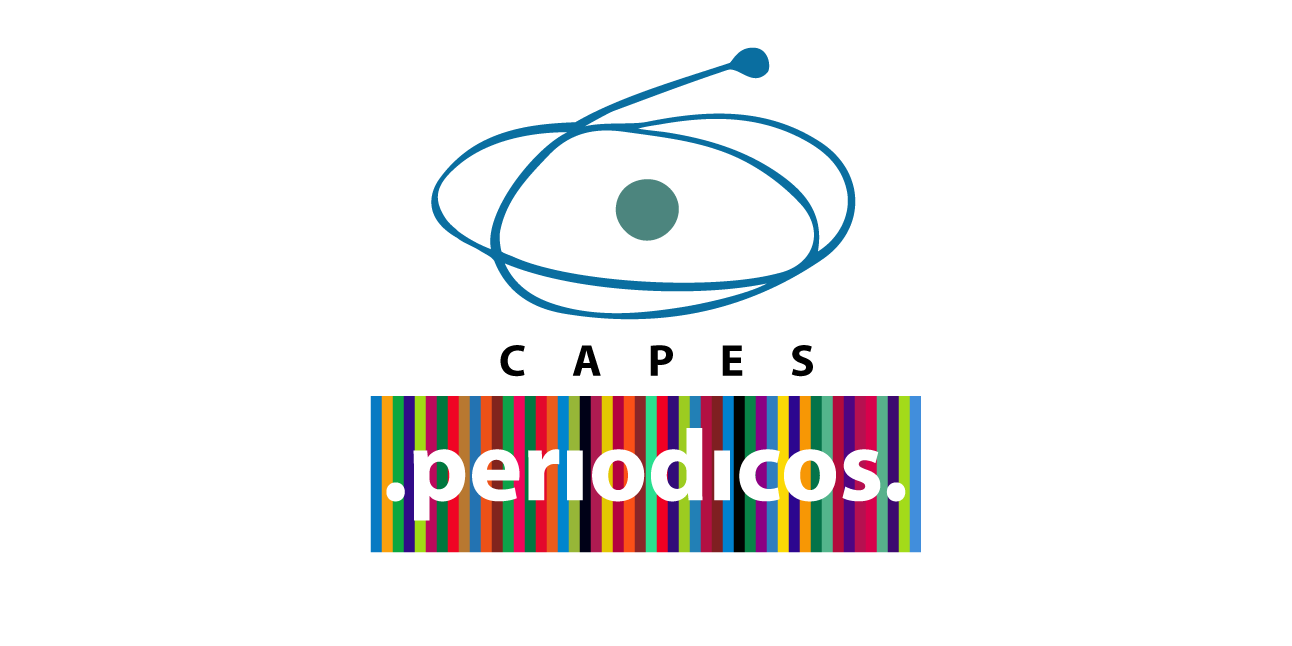Indexing

Latindex is a network of 24 institutions that act in a coordinated way to gather and disseminate information on scientific journals produced in the region, also integrating those that disseminate Ibero-American studies in the world
Link: https://www.latindex.org/latindex/ficha/20046

The Directory of Brazilian electronic scientific journals (Miguilim) is an initiative of the Instituto Brasileiro de Informação em Ciência e Tecnologia (Ibict) created with the aim of aggregating, in a single location, information on scientific journals edited and published in Brazil that were scattered across different platforms. The Directory brings together in its database the registration of essential information on the editorial policies of thousands of Brazilian scientific journals and has as its basic objectives.
Link: https://miguilim.ibict.br/handle/miguilim/6148

DOAJ is a unique and extensive index of diverse open access journals from around the world, powered by a growing community committed to ensuring that quality content is freely available online to everyone.
Link: https://doaj.org/toc/2316-9281

Google Scholar provides a simple way to search widely for scholarly literature. From one place, you can search across multiple disciplines and sources: articles, theses, books, court summaries and opinions, academic publishers, professional societies, online repositories, universities, and other sites. Google Scholar helps you find relevant work in the academic research world.
Link: https://scholar.google.com.br/citations
The ISSN Portal provides access to the ISSN Register, the international database containing key identifying information about print and digital journals, magazines, journals, academic newsletters and blogs, and open access scholarly resources published in more than 100 countries.
Link: https://portal.issn.org/resource/ISSN/2316-9281

MIAR is a data matrix of more than 100 international indexing and abstract databases (citation, multidisciplinary or specialized databases) and journal repertoires, developed with the aim of providing useful information for the identification of scientific journals and journals. the analysis of its diffusion. The system works by creating a correspondence matrix between journals, identified by their ISSN, and the databases and directories that index or include them.
Link: https://miar.ub.edu/issn/2316-9281

The Journal Portal of the Coordination for the Improvement of Higher Education Personnel (CAPES) is one of the largest virtual scientific collections in the country, which brings together and makes available content produced nationally and others signed with international publishers to teaching and research institutions in Brazil. There are more than 49,000 journals with full text and 455 databases of various contents, such as references, patents, statistics, audiovisual material, technical standards, theses, dissertations, books and reference works.

The ICI Journal Master List is an international indexing database of scientific journals that evaluates journals submitted for nearly 20 years. The condition for indexing in our database is to pass a positive multidimensional evaluation based on more than 100 criteria. The evaluation process is free and available to all journals registered in the ICI World of Journals database.
Link: https://journals.indexcopernicus.com/search/details?id=65539

Crossref is an international not-for-profit organization that provides services to facilitate academic research. Its main objective is to improve the discovery and interoperability of academic content online. The main function of Crossref is to assign Digital Object Identifiers (DOIs) to academic content, such as scientific journal articles, books, conferences and other types of publications. The DOI is a permanent unique identifier that helps ensure that scholarly content is easily located and correctly cited.